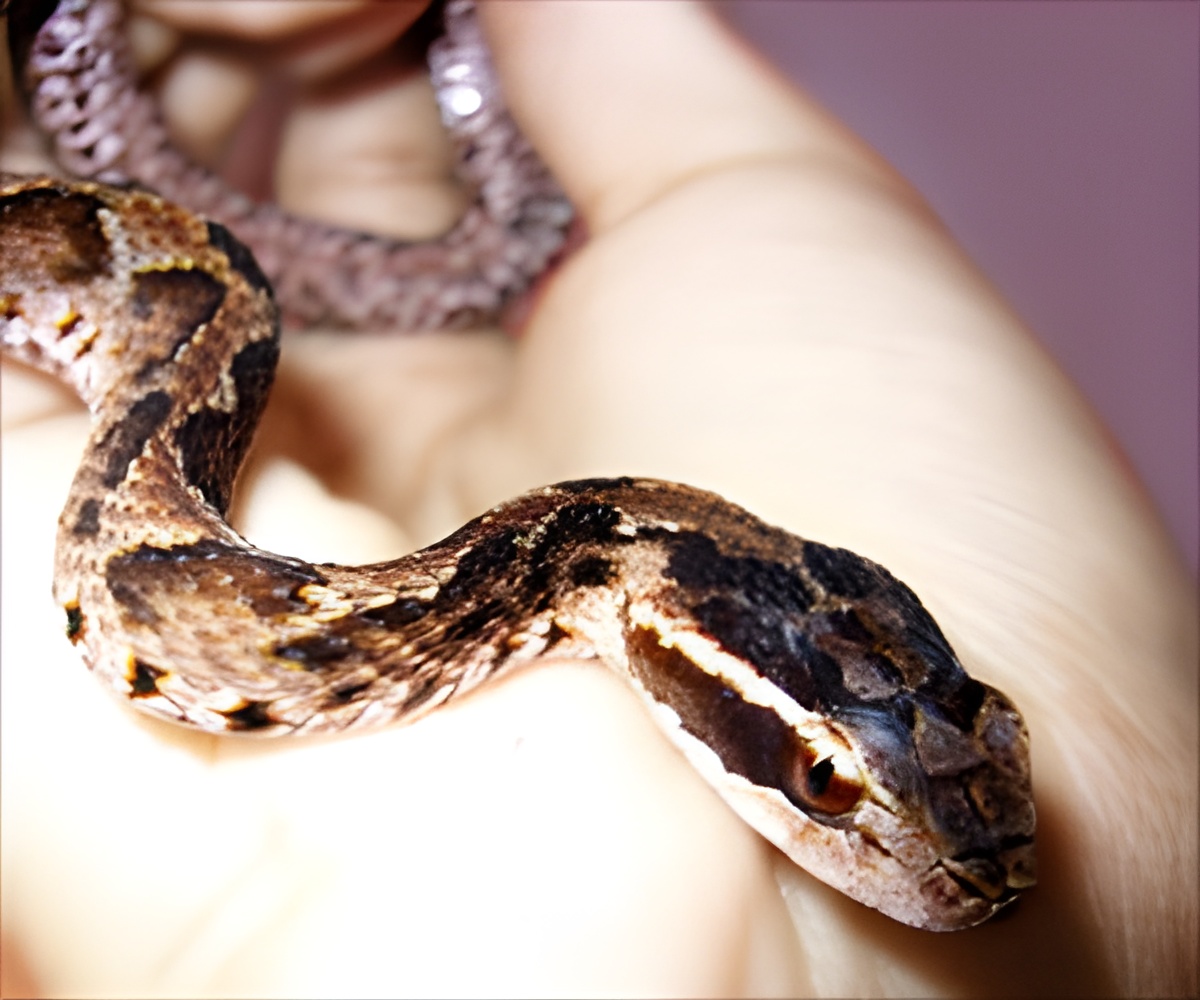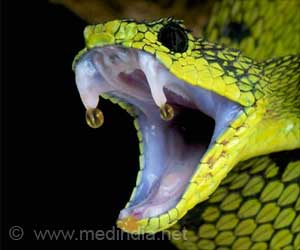Globally on September 19th International World Snakebite Awareness Day is observed. Snakebite envenoming (SBE) was added to the list of Neglected Tropical Diseases.

‘In order to be able to prevent death and complications awareness need be created in the community about snakebite, how it could be prevented, the first-aid measures and the value of anti-snake venom as the only available treatment for envenoming.’





India has the dubious distinction of accounting for half the number of snake bites, approximately two million and 58,000 deaths annually. Over 70 per cent of SBE occurs in males, typically in the productive ages of between 20 and 60 years and therefore having a tremendous socio-economic impact especially in case of death of the sole earning member of the family.
Snakebite Awareness
Doctors say the reasons for the neglect are many, including general lack of awareness with regards to snakebite among healthcare workers, community, etc.; the available polyvalent anti-snake venom not having the neutralizing effect against snake species of the northeast of India; victims in remote villages depending on traditional healers for treatment; and absence of a national protocol for treatment.All these factors alongside the general apathy shown towards SBE by health policy makers, pharmaceutical industry, funding agencies and the health system in general, in spite of the considerable social ramifications is contributory.
The issues highlighted are more pronounced in the northeast as snake species here differ considerably from the rest of India and the effect of anti-snake venom against the common envenoming species like naja kaouthia (Monocellate cobra) and pit viper species is doubtful.
The awareness campaign need percolate down into the community through schoolchildren, ASHA workers, etc.
Doctors need be trained on the immediate first-aid measures, signs and symptoms of envenoming, dosage of anti-snake venom and the pre-medications and complications.
Advertisement
The task force comprises Jaideep C. Menon, a cardiologist with the Amrita Institute of Medical Sciences in Kochi, Omesh K. Bharti, State Epidemiological Officer with Himachal Pradesh government and Santanu K. Sharma, Scientist G with Regional Medical Research Centre at Dibrugarh, Assam, India.
Advertisement
Source-IANS








